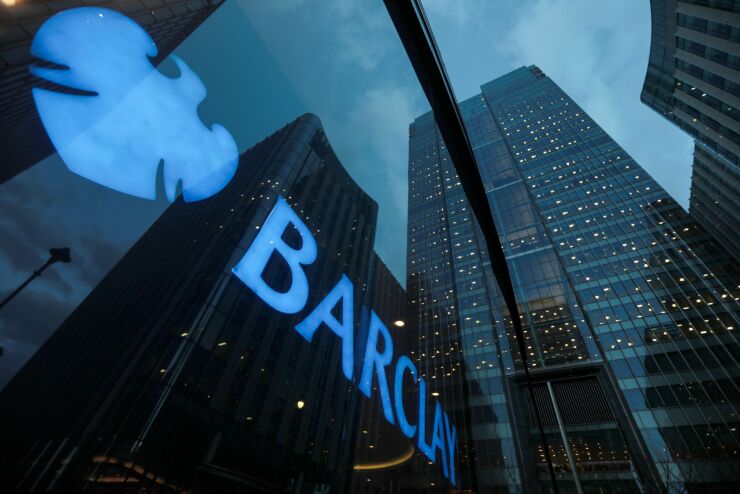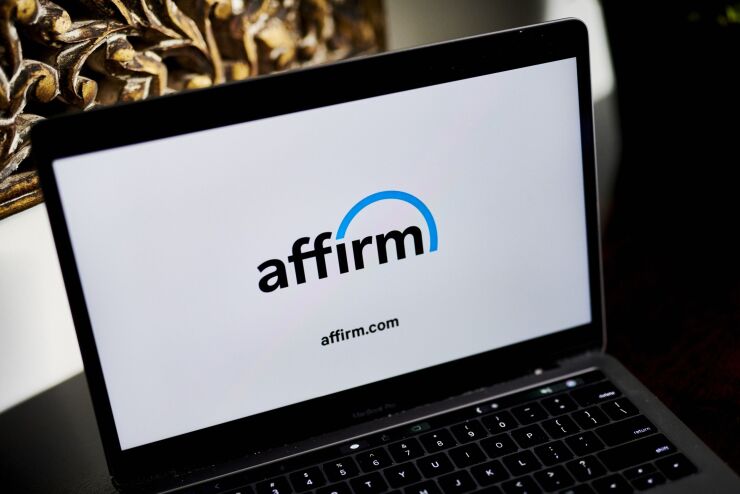
PayPal, which has been trying to build scale for its stablecoin for more than a year, this week enabled remittance partners to use PYUSD to settle international transactions in emerging markets that are made via the Xoom P2P payments app.
Cebuana Lhuillier and Yellow Card will be the first Xoom disbursement partners, aiming to use the digital asset and its underlying blockchain to make payments outside of normal banking hours and without requiring intermediaries to manage currency conversion.
Cebuana Lhuillier is the largest micro-financial services provider in the Philippines, where it has a network of 3,500 branches and 25,000 agent locations. Yellow Card is a major stablecoin on/off ramp in Africa and is the first African fintech to list PYUSD.
"Cross-border transactions are an important driver for economic growth and prosperity in developing countries," said Jose Fernandez da Ponte, senior vice president of blockchain, cryptocurrency and digital currencies at PayPal, in a release. While PayPal has more than 400 million users, it is turning to partners to distribute its stablecoin, which
An early PayPal stablecoin partner, cryptocurrency firm
Writing for

Barclays resumes talks to offload most of its merchant acquiring
Barclays Bank has resumed talks to divest a majority stake of its merchant-acquiring business to Canadian investment firm Brookfield Asset Management,
The U.K.-based global financial services company would keep 20% of the business and sell the rest to Brookfield. Barclays would receive no cash payment from the sale, Sky News said. Instead, Brookfield would shoulder the cost of growing the business.
The bank's merchant-acquiring arm sells terminals, gateways, foreign exchange services and data through card and digital wallets and was the No.3 acquirer in Europe in 2023, according to its investor presentation. It has been valued between $1 billion and $2.5 billion, according to Sky News.
Barclays first said it was looking into options to divest the business during a February meeting with investors as part of a wider "non-priority business exit," which also included departures from Africa, commodities, European retail banking and wealth management businesses in the U.S. and Asia, as well as the sale of its German consumer finance business and the disposal of its Italian retail mortgage book.
The bank said it intends to invest in corporate and investment banking franchises at scale, according to the investor presentation. —Joey Pizzolato

Affirm's collab with Priceline targets B2B payments
As more businesses turn to
Called Priceline Partner Solutions, its clients include airlines, cruise lines, car rental companies, hotels and other companies in the travel industry. These firms will offer Affirm as an option to finance trips or other travel-related expenses of $50 or more. Priceline has offered Affirm as an option for consumers for about five years.
The B2B version is similar, with corporate clients integrating Affirm into their checkout flow.
Affirm also recently expanded its

Spanish banks adopt European instant cross-border payment scheme
The
A One Leg Out transfer refers to a payment where at least one part of the international instant credit transfer is processed in euros, while the other part is processed in another currency, according to ACI Worldwide.
"Spain has taken an early lead in the European race to instant payments, becoming the first banking market fully connected to the European Payments Council's One-Leg Out plan, said Laurent Descout, co-founder and CEO of Neo, an international treasury services provider.
"For businesses, particularly SMEs, the implications are profound," he said. "Faster settlement times mean improved cash flow, reduced transaction costs, and enhanced operational efficiency. Spain's leadership paves the way for the rest of Europe to follow, showcasing how interconnected, real-time payment systems can deliver tangible benefits for economies and businesses."
The rollout comes on the heels of a June 2023 pilot with CaixaBank, Santander, BBVA, SWIFT, Iberpay and "several international banks in different countries," Iberpay said. —Joey Pizzolato

Sweden's central bank calls for retail payment modernization
Sweden's central bank is calling for widespread modernization of its retail payment infrastructure over the next five years in
"Sweden needs to modernize its infrastructure and create processes for secure, efficient and accessible retail payments," which are "payments of smaller amounts and a collective term for payments between private individuals, companies and authorities," Riksbank said in a release.
"The future retail payments infrastructure should be able to handle more instant payments. In Sweden, instant payments already account for a large share of all retail payments but in the future more payments may also be settled instantly," the central bank said.
Swedish payments should comply with wider European standards and be settled at Riksbank to help minimize risk and increase confidence in the system, the central bank said. —Joey Pizzolato

South African fintech launches Whatsapp banking card
South African money transfer fintech Mama Money Financial Services has launched a bank card that users can manage through Meta's Whatsapp chat service,
The bank card, which was launched in partnership with Nigeria-based Access Bank and South African-based retailer Click n Pay, will allow unbanked users increased access to financial services through Whatsapp. Consumers can use the card to add minutes to a prepaid cell phone, buy pre-paid electricity, check account balances, shop online and at brick-and-mortar stores, and withdraw cash at an ATM.
About 15% of South Africa's population is unbanked, according to Statistica.
Mama Money, which launched in 2013, is a remittance service for people in South Africa to send money to more than 70 countries. —Joey Pizzolato

Boku lands Amazon payments deal in Japan
Amazon Japan has hired San Francisco-based payment fintech Boku to support digital wallet and other payment methods for the e-commerce site. Boku will receive revenue based on the volume of transactions.
While Japan has traditionally been
The Japanese government has also set a goal of having cashless payments surpass 40% by 2025, up from 20% in 2021, an initiative that has drawn Western payment companies such as

N26's growth spikes after German laundering penalties lift
Berlin payments fintech N26 has achieved profitability, reporting net income of about $4 million for the quarter ended Sept. 30 after breaking even on a monthly basis for the first time in June.
The company also projected full-year revenue of about $600 million, up 40% from 2023.N26's improvements come after BaFin, the German banking regulator, lifted restrictions on new consumer signups after fining N26 about $13 million for poor money-laundering controls in 2021.
N26 had been limited to adding 60,000 new customers monthly before the cap was lifted in January. The company upgraded its security in 2022, and more recently added savings, spending, investment, cryptocurrencies and stock trading; and plans to offer digital banking in 2025.
N26

Klarna adds Google Pay to its tech partners after Apple deal
Klarna Group will offer buy-now, pay-later credit to U.S. shoppers using Google Pay, tying up the fintech firm with another tech giant a month after its partnership with Apple.
From next year, American customers using Google Pay will have an option to spread purchases costing more than $35 into four installments and take out longer-term loans, through Klarna, the firm said Tuesday.
"What we're actively doing at the moment is shifting from the alternative payment world to the default-on or the mainstream payment world," David Sykes, chief commercial officer at Klarna, said in an interview with Bloomberg News.
Klarna's early strategy was to expand one retailer at a time, but it's now looking for growth via global payment processors, according to Sykes. "What you're going to see over the course of the next six months is a series of these types of very large partnerships that all have the same goal, making sure Klarna at every checkout in the world," he said.
Google Pay has 25 million customers in the U.S. and launched BNPL options in the country earlier this year. Klarna, which was once Europe's most valuable startup and now sees the U.S. as its fastest-growing market, joins Google Pay's existing providers, rivals Affirm and Zip.
"By teaming up with pay over time providers like Klarna, we are able to give Google Pay users more payment options when checking out, while providing merchants with another tool to drive growth," said Drew Olson, senior director at Google Pay.
Klarna penned a similar deal with Apple Pay in the U.S. and the U.K. last month. The Swedish firm has also struck deals with Dutch payments giant Adyen, Xero and Worldpay in recent weeks.
The string of partnerships connects Klarna with more digital wallets, which are the fastest-growing payment method in the world. Digital wallets are expected to account for just over half of U.S. shoppers' spending online by 2027, according to Worldpay. Buy now, pay later will be used for about 6% of U.S. online spending, Worldpay estimates.
Klarna has 85 million customers worldwide and 600,000 retail partners. —Aisha S Gani, Bloomberg





